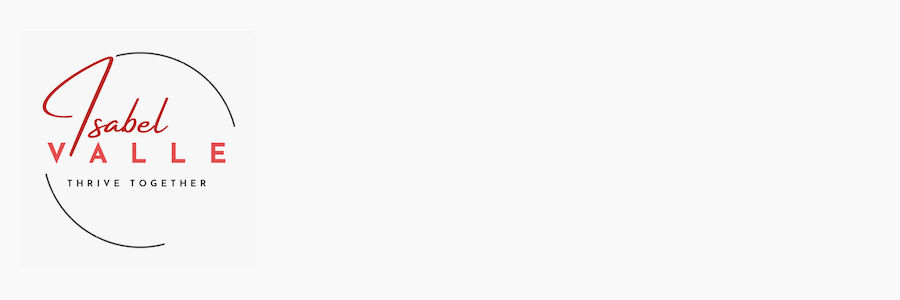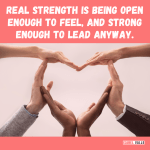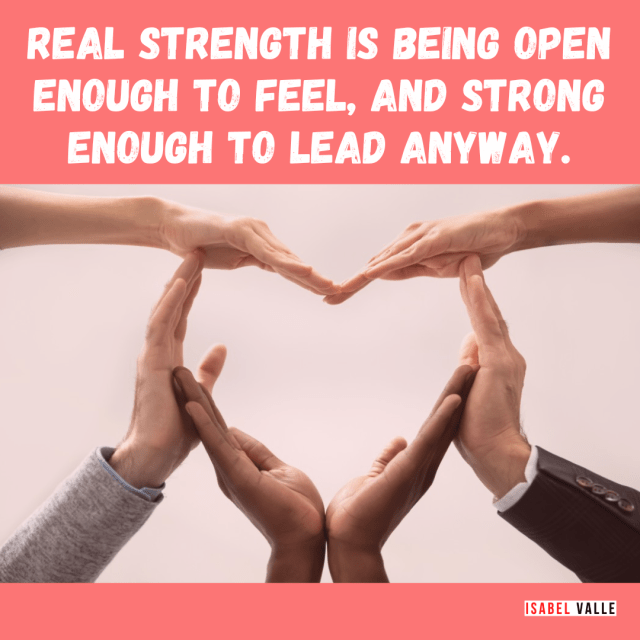
Feedback that wounds widens the gap.
Connection heals it.
We often treat feedback as a task to tick off — something uncomfortable we “get through.”
But in reality, feedback is one of the most powerful trust-building tools a leader has… when it’s done fearlessly.
What Feedback Feels Like vs. What Fear Feels Like
Let’s face it — the word feedback can trigger all kinds of reactions: anxiety, defensiveness, even dread.
That’s because feedback and fear often sit side by side.
Fear of being judged.
Fear of damaging the relationship.
Fear of saying the wrong thing.
And yet, the paradox is this: the conversations we avoid are often the ones that build the most trust — if we handle them with courage and care.
How Weak Feedback Erodes Trust
We’ve all experienced “soft” feedback — the kind wrapped in so much politeness that the real message gets lost.
Or the kind that arrives too late to make any difference.
That type of feedback feels safe for the giver but confusing for the receiver. Over time, it quietly erodes trust.
Because when people don’t get clear, honest feedback, they fill in the gaps with stories — and those stories are rarely positive.
The Shift: Courage, Care, Clarity
Fearless feedback doesn’t mean being blunt.
It means being bravely honest while deeply human.
-
Courage to say what needs to be said, even when it’s uncomfortable.
-
Care to deliver it in a way that honours the other person’s dignity.
-
Clarity to ensure your message builds awareness and direction.
This combination turns feedback from confrontation into connection.
How to Craft Feedback That Lands
Here’s a simple formula I teach leaders in my coaching programs:
-
Start with intention. Ask yourself: What do I want this person to feel and take away?
-
Speak facts, not assumptions. “I noticed…” is always more constructive than “You always…”
-
Balance candor with compassion. Be real, but never reckless.
-
Invite dialogue, not defense. Feedback is a two-way conversation, not a monologue.
-
End with possibility. Replace blame with belief: “Here’s how we can move forward.”
When done this way, feedback becomes fuel — for growth, trust, and shared success.
Take a moment to reflect: When was the last time your feedback built a bridge instead of a barrier?
How might your leadership shift if every feedback conversation became a moment of connection, not correction?
I’d love to hear your story. Share your “feedback shift” moment — and inspire others to lead with courage, care, and clarity.
Want to learn how to turn feedback into a trust-building superpower?
Join my next Leadership Reimagined experience or explore one-on-one executive coaching with me at www.isabelvalle.com.


 Available now on Amazon
Available now on Amazon 

















